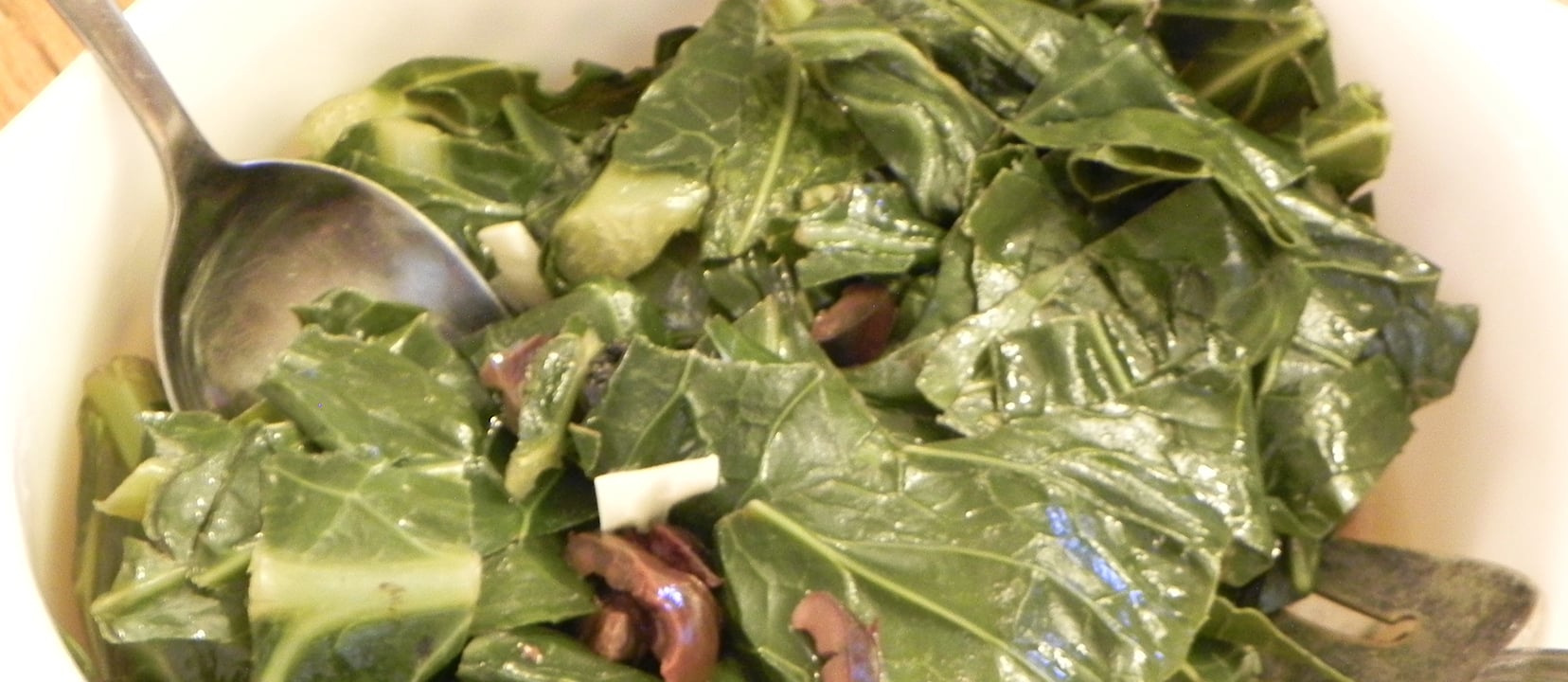Olives and nuts are plant foods, and as such, are packed with antioxidants, raising the antioxidant level of our bloodstream resulting in lower fat oxidation and free radical DNA damage, but what’s happening inside people’s arteries?
Researchers measured the amount of atherosclerotic plaque in the neck arteries going to the brain in folks who for years were eating added nuts, added extra virgin olive oil, or neither to their daily diets. In the control group, the plaque got worse, which is what happens when one continues to eat an artery-clogging diet, but there were no significant changes in the added extra virgin olive oil group, and the plaque in the added nut group appeared to get better. The nuts appeared to induce a regression of the disease, or at least a significant delay in the progression. The nut group was still suffering strokes, but only half as many, perhaps because the reduction in plaque height within the arteries on extra nuts was indicating a stabilization of the plaque, rendering them less likely to rupture. You can see these results in my video Which Parts of the Mediterranean Diet Extended Life?
Adding nuts to our diet may also improve endothelial function, boosting the ability of our arteries to dilate naturally by about 30 percent. If you look at the baseline adherence to Mediterranean diet principles and control for things like smoking and exercise, there were only two factors significantly associated with reduced heart attack and stroke risk: more vegetables and more nuts. No significant association with the olive oil, wine, fish or cutting back on soda and cookies. Among the individual components, only increased consumption of vegetables and nuts were related to reduced cardiovascular events.
On the one hand, cutting stroke risk in half just by eating a handful of nuts a day is pretty amazing, but those in the added nut group didn’t appear to live any longer overall. This is in contrast to other studies that suggested that frequent nut consumption may extend life. For example, the Harvard Health Professionals studies, involving a whopping three million person-years of follow-up over decades, found nut consumption associated with fewer deaths from cancer, heart disease, respiratory disease, and most importantly, fewer deaths overall. In a recent review, this was confirmed by all the other big major prospective studies.
So, what’s going on here with the study showing no longevity benefit from nuts? Did they just not wait long enough? Just because people were randomized to the nut group didn’t mean they actually ate more nuts, and those randomized to the other groups didn’t necessarily stay away.
If you re-analyze the data comparing the death rates of those who actually ate more nuts to those who actually didn’t, nut consumption was indeed associated with significantly reduced risk of death. If you do the same kind of post hoc analysis with olive oil, even with the extra virgin, there is no benefit in terms of living longer. This is consistent with how Ancel Keys, the so-called Father of the Mediterranean diet, viewed olive oil. He thought of its benefit more as a way of just replacing animal fats: anything to get people to eat less lard and butter.
What is the best kind of nut? The greatest benefits were attributed to walnuts, particularly for preventing cancer deaths. Those eating more than three servings of walnuts a week appeared to cut their risk of dying from cancer in half.
Now, it’s just a matter of communicating the research to the public. All the major cancer groups emphasize a more plant-based diet, remarkably consistent with the World Health Organization guidelines for healthy eating. The far-reaching positive effects of a plant-based diet—including walnuts—may be the most critical message for the public.
Here are some of my previous videos on the Mediterranean diet:
- Why Was Heart Disease Rare in the Mediterranean?
- The Mediterranean Diet or a Whole Food Plant-Based Diet?
- PREDIMED: Does Eating Nuts Prevent Strokes?
- Do Flexitarians Live Longer?
- Improving on the Mediterranean Diet
- Mediterranean Diet & Atherosclerosis
Think the effects of adding a few nuts to one’s daily diet are too good to believe? Check out my video Four Nuts Once a Month. For more on Walnuts and Artery Function, check out the video, and for more on nuts and cancer prevention, see Which Nut Fights Cancer Better?
Nuts May Help Prevent Death and so may beans; see Increased Lifespan from Beans. What about Fruits and Longevity: How Many Minutes per Mouthful?
More on protecting ourselves from “brain attacks” in Preventing Strokes with Diet.
In health,
Michael Greger, M.D.
PS: If you haven’t yet, you can subscribe to my free videos here and watch my live, year-in-review presentations:
- 2012: Uprooting the Leading Causes of Death
- 2013: More Than an Apple a Day
- 2014: From Table to Able: Combating Disabling Diseases with Food
- 2015: Food as Medicine: Preventing and Treating the Most Dreaded Diseases with Diet
- 2016: How Not To Die: The Role of Diet in Preventing, Arresting, and Reversing Our Top 15 Killers
